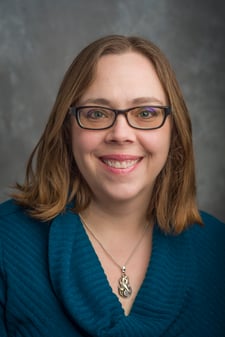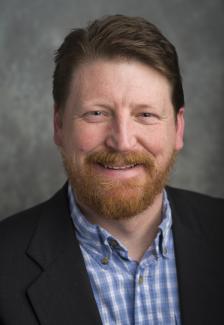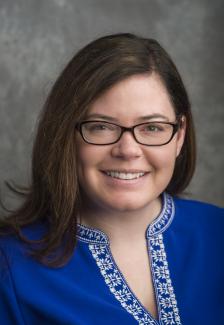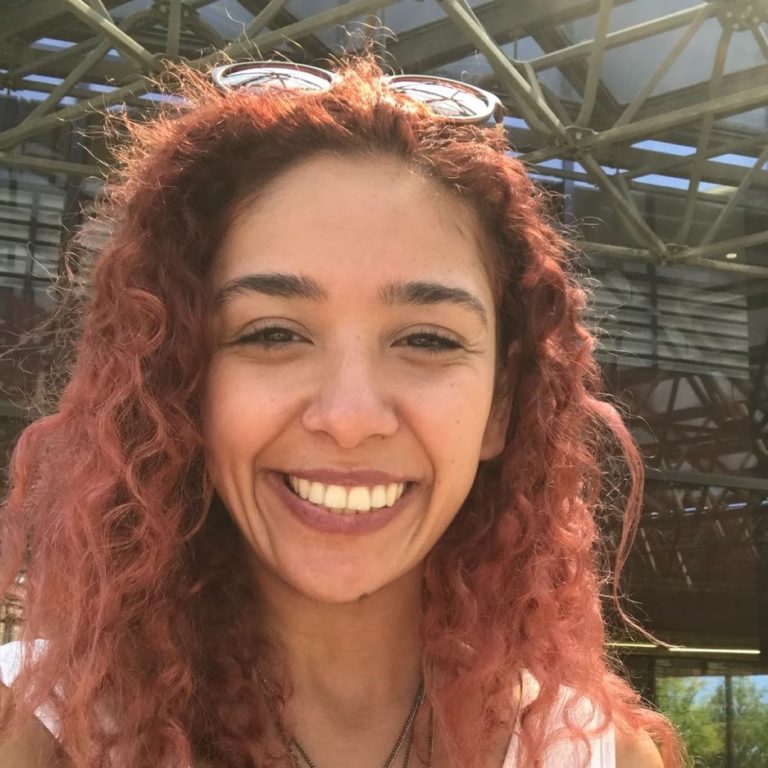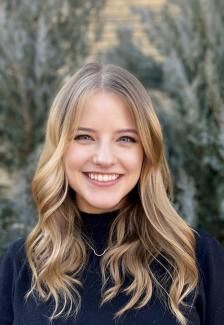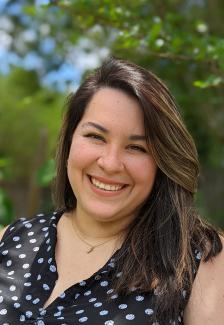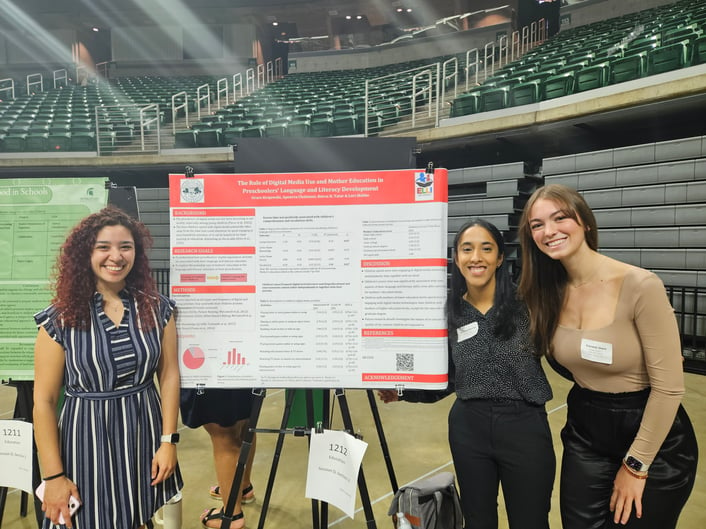We are a research group organized by faculty in the department of Human Development and Family Studies at Michigan State University.
ELLI serves as a resource for both undergraduate and graduate students as well as post-doctoral fellows from a variety of disciplines across campus who are interested in young children’s language and literacy development.
We strive to create a diverse lab by welcoming potential students regardless of race, religion, gender identification, sexual orientation, age, or disability status. As long as you are a creative thinker who is respectful to others, you are welcome here.
Core Principles:
- Conduct community-based research to enhance children's language and literacy development
- Develop valid, accessible, and affordable assessments for young children
- Mentor and support junior scholars to publish and present their research
From the time students enter the Master’s or PhD program, the ELLI Lab engages graduate students in various research projects focused on young children’s language and literacy development. The lab provides students multiple opportunities to contribute to federally-funded research sponsored by the US Department of Education, The National Science Foundation, and more. ELLI Lab faculty utilize an apprenticeship model to mentor students through each step of the research process from idea generation to dissemination of research. Much of the ELLI Lab work is community-based and focused on enhancing the lives of young children and families at risk.
Thus, the lab offers students varied experiences working directly with diverse young children, parents, and teachers. The faculty support graduate students to gain experience in disseminating research findings by presenting in lab meetings, and at state, national, and international conferences. Graduate students are supported to publish in peer-reviewed journals as part of a team of authors and eventually in a leading role on manuscripts.
